DUBAI: Former army chief and president Pervez Musharraf on Sunday advised the US to not ignore
Pakistan during a time when societies around the world are becoming increasingly radicalised.
Musharraf was speaking at the South Asia rising 2017 conference hosted by the Eisenhower Fellows to highlight the eastern region’s most critical issues, where he was the only former head of state to make an address.
The former president emphasised on
Pakistan’s importance in helping eradicate terrorism, adding that
Pakistan should not be accused of supporting terrorism. Referring to the country’s cooperation with the US in the war in Afghanistan, Musharraf pointed out that
Pakistan had been asked by the US to introduce Jihad and impart training to Mujahideen in the 80s and Taliban during the 90s. He further questioned as to why then was
Pakistan now being blamed for problems relating to militancy.
Musharraf noted that even though US coalition forces had defeated Al-Qaeda and Taliban, however, the military victory could not be transformed into a political victory in Afghanistan so militancy had sprung up again in t
he region.
The former army chief was very critical of alleged Indian interference in
Pakistan and regretted the use of proxies in t
he region. He warned that South Asia would not rise economically if t
he region, especially
Pakistan and India, did not resolve thei
r issues. Referring to the Indian refusal to participate in South Asian Association for Regional Cooperation (SAARC) summit that was scheduled to be held in
Pakistan in November 2016, Pervez Musharraf said that the politicisation o
f SAARC was a regrettable occurrence especially by India.
Discussing his term as president, Musharraf said he had reduced the budget for the army, going against the wishes of the force. He further discussed the majo
r issues prevailing in South Asia, advising that countries in t
he region should improve in the sectors of information technology, banking and foreign exchange.
The purpose of South Asia Rising 2017 conference is to exchange views and ideas through increased collaboration and to eventually create a cross-national dialogue between policy makers and influential leaders to help solve issues that remain prevalent in t
he region.
This was the third time that the conference was organised with the first two editions having taken place in Colombo, Sri Lanka, in 20
06 and 2012.

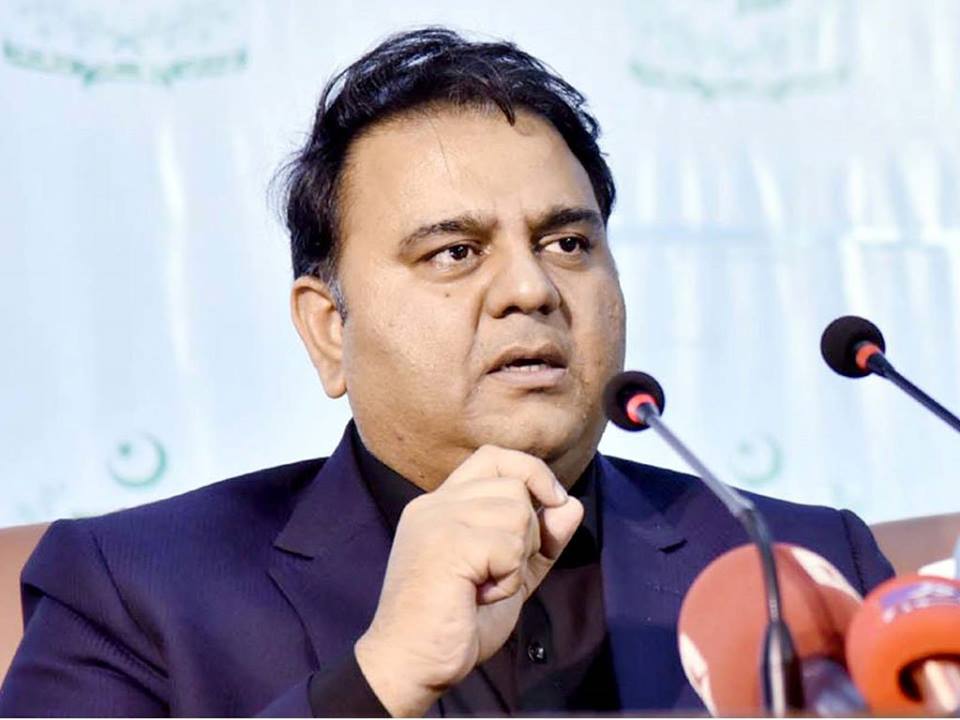
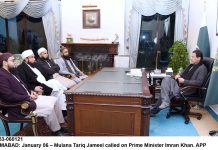
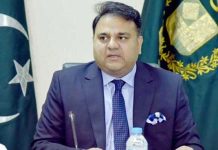
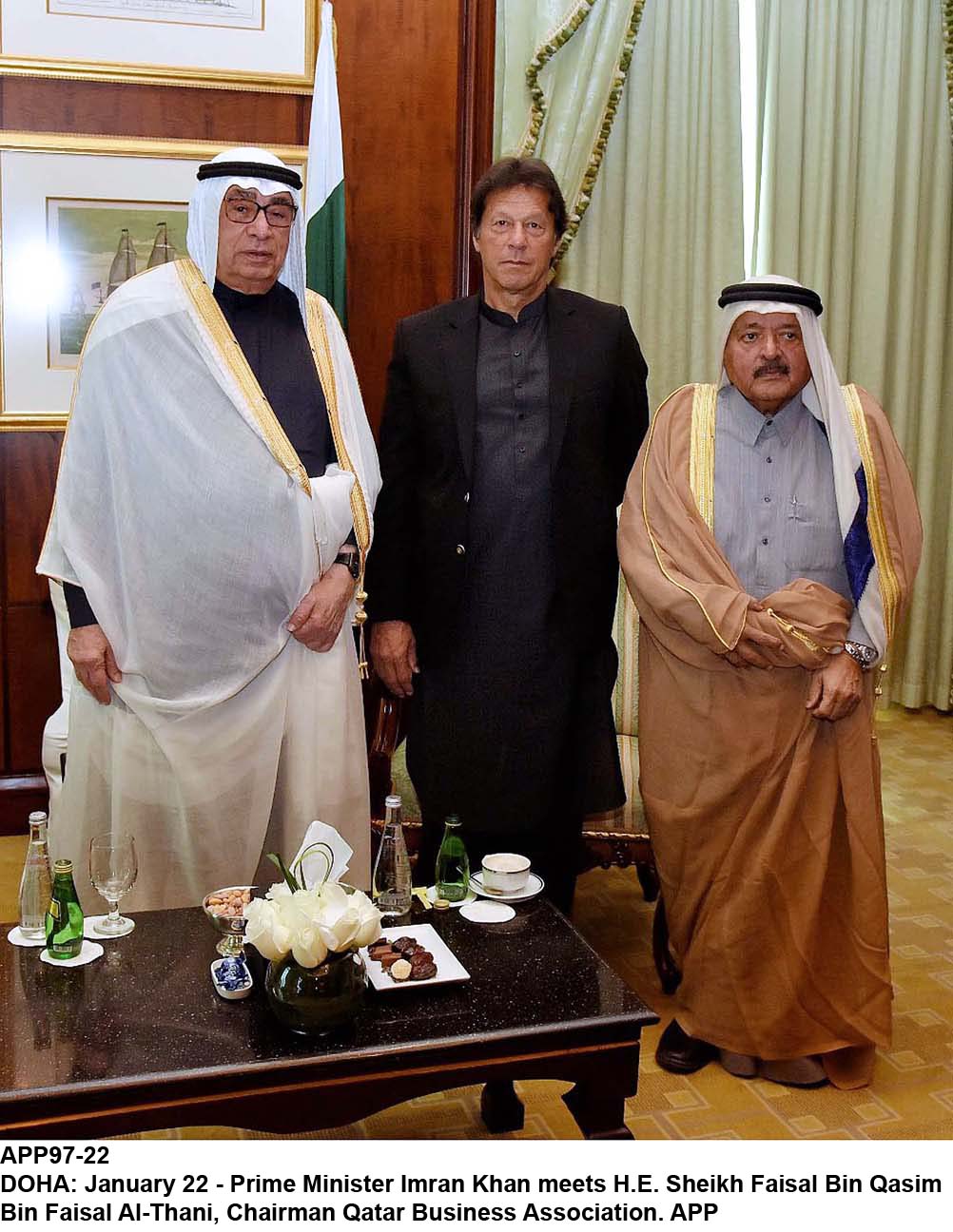
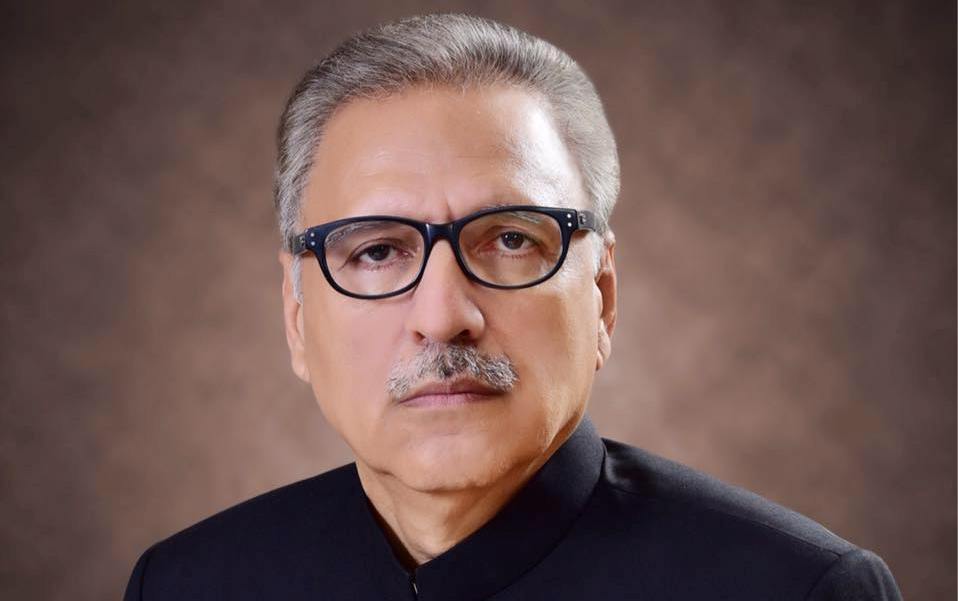
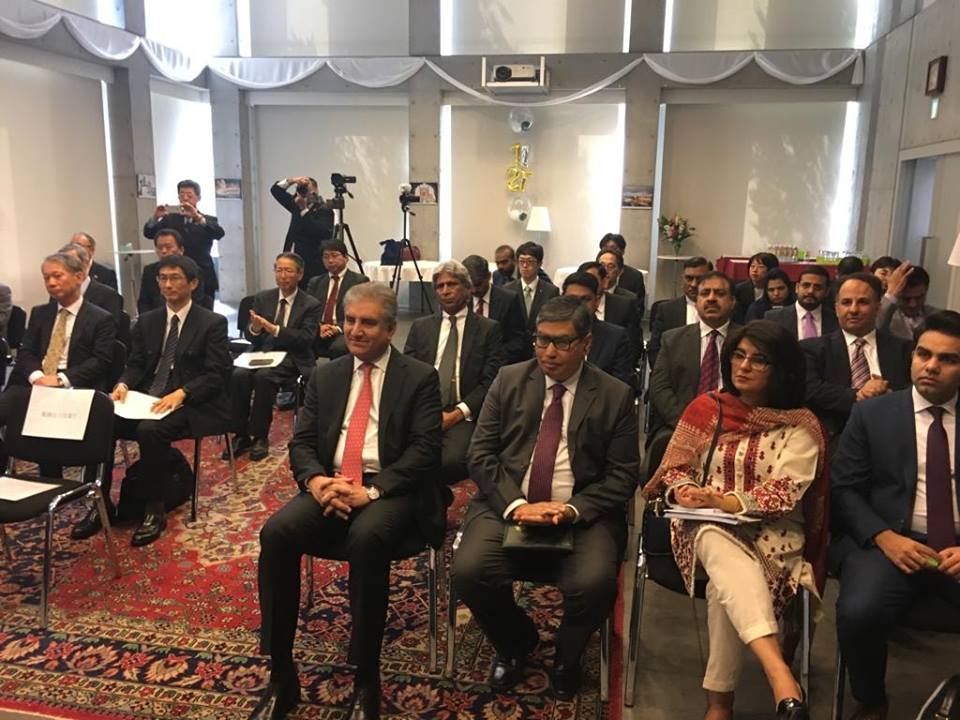
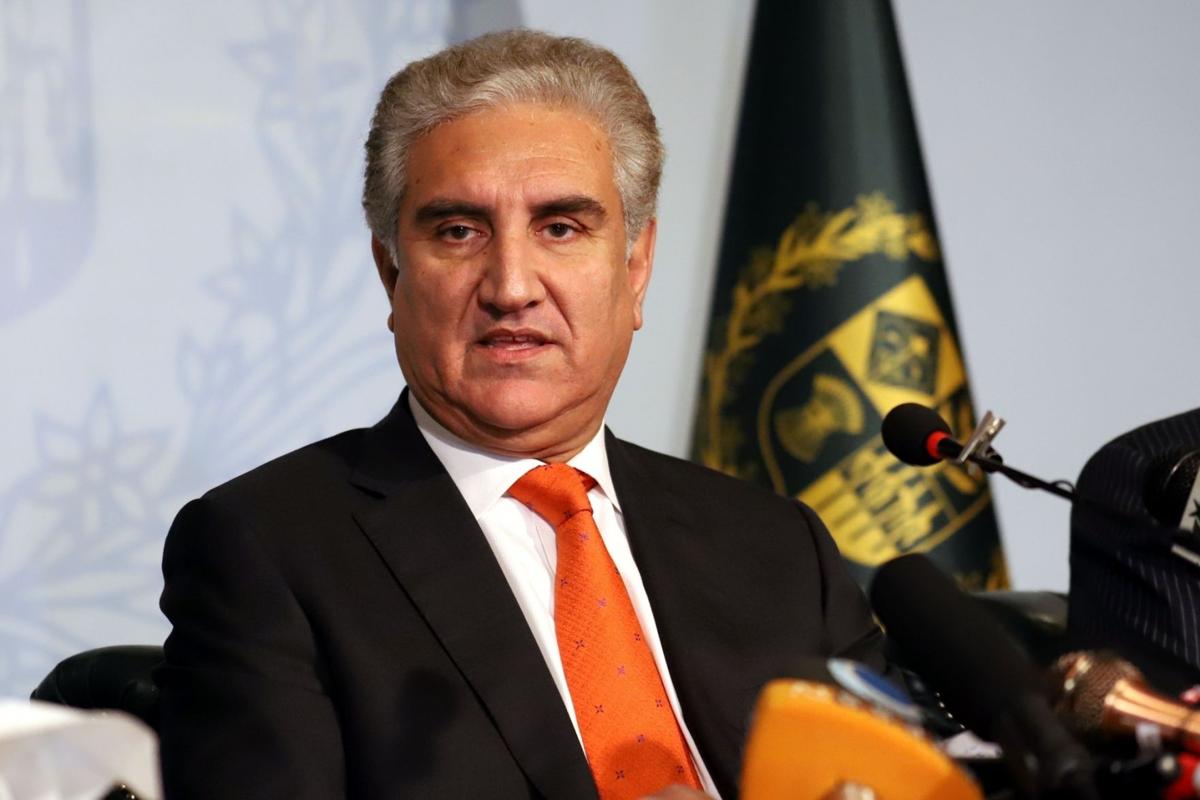
.jpg)





